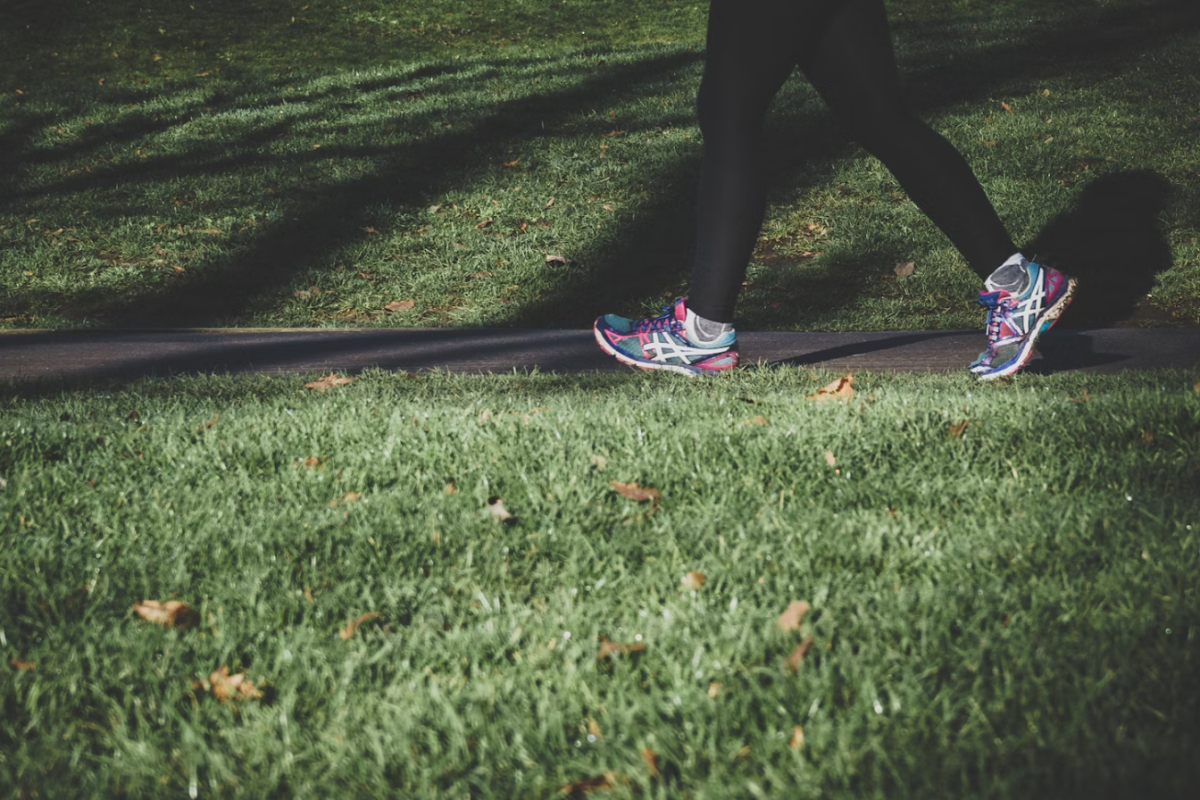Introduction
If there were a pill that helped you lose weight, sharpen memory, reduce stress, and prevent dementia—would you take it?
That pill already exists. It’s called walking.
Walking is free, simple, and surprisingly effective. Just 30 minutes a day can profoundly change the course of your physical and cognitive health.
Why Walking Works
- Boosts Cardiovascular Health: Improves blood flow to the brain and muscles.
- Enhances Neurogenesis: Walking stimulates the creation of new brain cells.
- Burns Fat Without Overtraining: Moderate movement helps burn calories while preserving muscle.
- Improves Mood and Focus: Reduces cortisol and boosts endorphins and dopamine.
Walking for Brain Health
- A study published in Neurology showed that older adults who walked regularly had larger hippocampal volumes (key for memory).
- Regular walking reduces the risk of vascular dementia and cognitive decline by up to 40%.
How to Walk for Maximum Benefit
1. Aim for 7,000–10,000 Steps/Day:
Even 20-minute bursts a few times daily count.
2. Walk Outdoors:
Sunlight boosts vitamin D, mood, and alertness.
3. Listen and Learn:
Use walks for audiobooks, language learning, or brain-boosting podcasts.
4. Walk with a Friend:
Socializing while walking multiplies mental benefits.
Conclusion
Don’t underestimate the power of a daily walk. It’s one of the simplest and most accessible habits to transform your body and protect your mind—for life.


